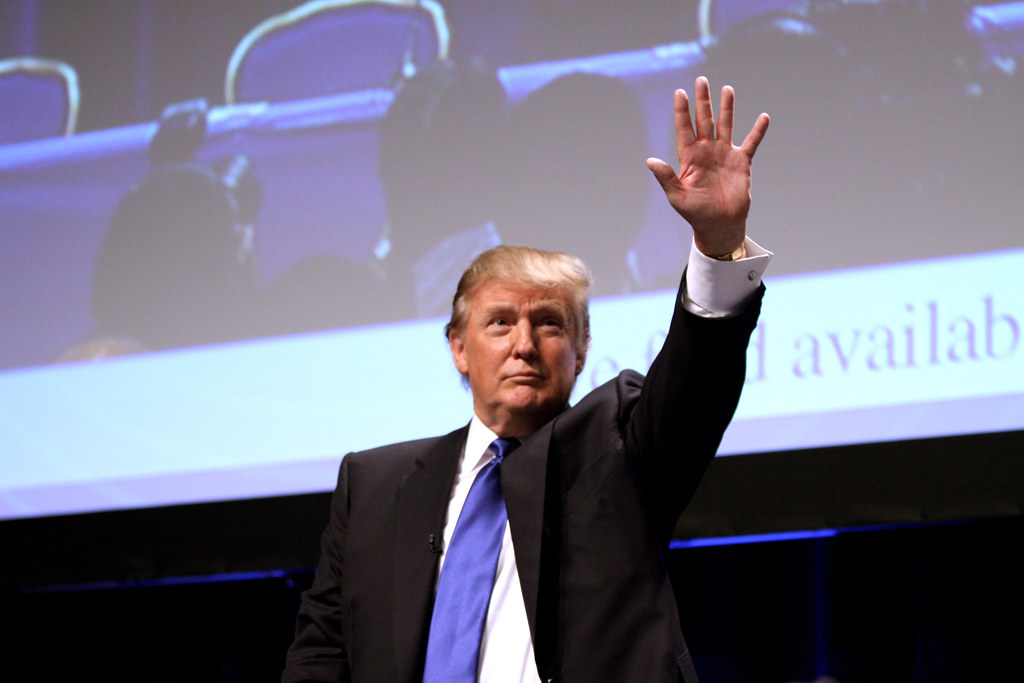Key Takeaways:
- Companies often find it easier to boost profits by lobbying for tariff exemptions than competing fairly.
- Government involvement in the economy can create incentives for businesses to focus on lobbying rather than innovation.
- President Trump announced a 10% ad valorem tariff on all countries, adding to existing tariffs.
- These policies can lead to unintended consequences, like higher costs for consumers and unethical business practices.
What Happened?
On April 2, President Donald Trump introduced a new tariff policy. This meant a 10% tax on imported goods from all countries. These tariffs were added on top of existing taxes that already applied to specific goods and countries.
The idea behind these tariffs was to create a level playing field. The U.S. wanted to make sure other countries weren’t taking unfair advantage. However, this policy has sparked debates about how businesses respond to such measures.
Instead of competing by making better products or lowering prices, some companies find it easier to lobby the government. They ask for exemptions or special treatment to avoid paying these tariffs. This can lead to unfair advantages and hurt competition.
Why Do Companies Lobby Instead of Compete?
Imagine two companies: one that invests in innovation and another that hires lobbyists. The innovative company spends money on improving its products and services. The lobbying company, on the other hand, spends money on persuading politicians to give it an unfair edge.
When government policies like tariffs are in place, lobbying often becomes a shortcut for success. Companies realize that it’s easier to win favors from politicians than to compete fairly in the marketplace. This creates a system where connections matter more than quality.
For example, a furniture company might spend millions on lobbyists to avoid tariffs. Meanwhile, a smaller competitor might focus on building better chairs or lowering prices. Over time, the first company gains an unfair advantage, and the second struggles to stay in business.
How Do Tariffs Affect Everyday People?
Tariffs might sound like a distant policy, but they have real-world consequences. When companies pay tariffs, they often pass these costs to consumers. This means higher prices for everything from clothes to electronics.
Imagine walking into a store and noticing that your favorite shirt is now $10 more expensive. That extra cost might be due to tariffs. Companies don’t absorb these costs; they pass them on to you.
Higher tariffs can also lead to fewer choices. If a foreign company decides it’s too expensive to sell in the U.S., consumers lose options. This can make the market less competitive, leading to higher prices and lower quality.
Why Should You Care?
At first glance, tariffs might seem like a abstract policy. But they have a direct impact on your wallet and your future. If companies focus more on lobbying than innovation, we all lose.
When businesses invest in lobbying, they’re not investing in better products or hiring more workers. This can slow down progress and limit opportunities.
As a consumer, you want choices. You want to buy affordable, high-quality products. Tariffs can limit those options and drive up costs.
What’s the Bigger Picture?
The problem with tariffs and lobbying is part of a larger issue: government intervention in the economy. When the government gets too involved, it creates opportunities for companies to game the system.
Instead of competing fairly, businesses find loopholes and shortcuts. This undermines the free market and creates an uneven playing field.
The more the government interferes, the more companies will focus on lobbying. This creates a cycle that’s hard to break.
What’s Next?
The impact of these tariffs will be felt for years to come. Companies will continue to lobby for exemptions, and consumers will pay the price.
The real question is: will this policy achieve its goals? Or will it lead to more corruption and higher costs? Only time will tell.
For now, one thing is clear: when companies can gain more by lobbying than competing, something is wrong. We need policies that promote innovation, not shady deals.
